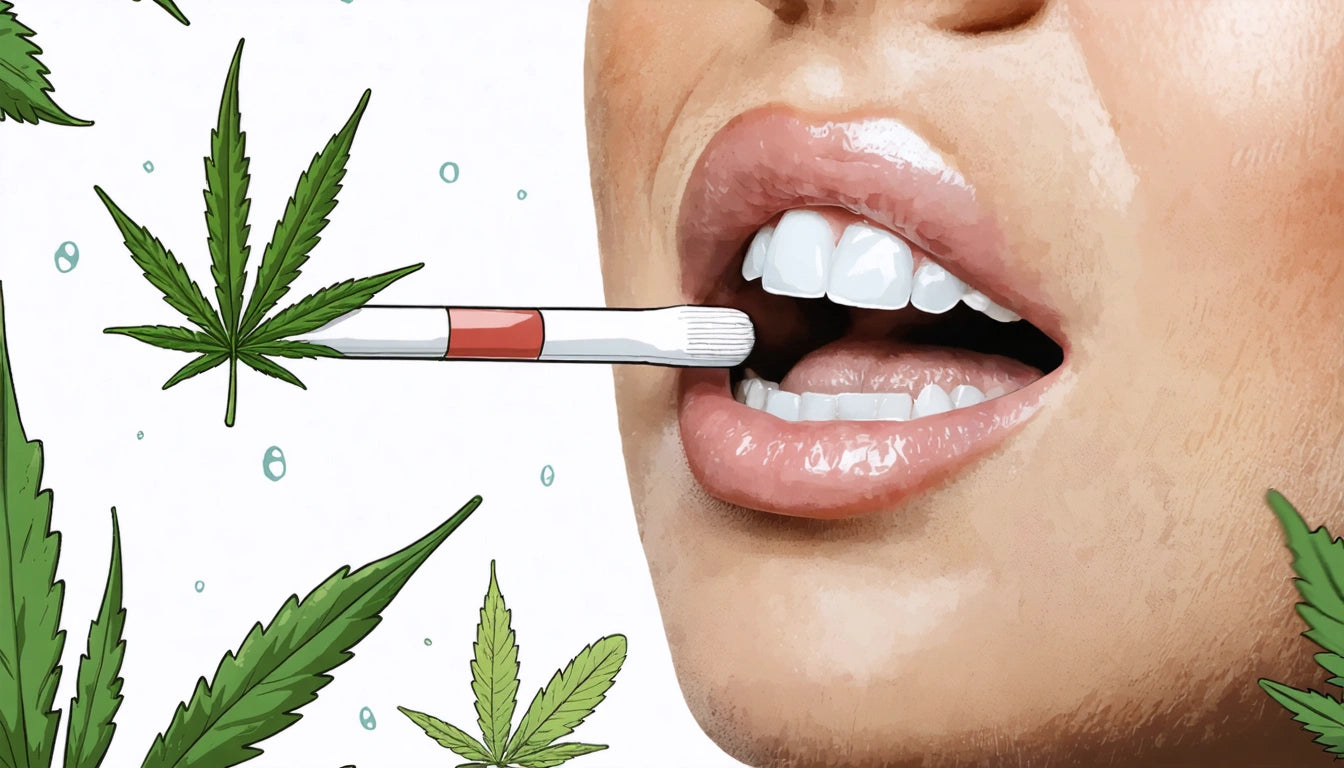Can Cannabis Alleviate Symptoms of Parkinson's Disease?
As medical cannabis gains wider acceptance, patients with neurological conditions like Parkinson's disease are increasingly curious about its potential therapeutic effects. The question "does weed help Parkinson's" has become common among patients seeking alternative or complementary treatments for managing their symptoms. This article explores the current understanding of cannabis as a potential treatment option for Parkinson's disease.
Understanding Parkinson's Disease
Parkinson's disease is a progressive neurological disorder that affects movement. It develops when neurons in a specific area of the brain gradually break down or die. These neurons produce dopamine, a chemical messenger that helps coordinate movement. As dopamine levels decrease, abnormal brain activity leads to impaired movement and other symptoms.
Primary symptoms include:
- Tremors, often beginning in the hands
- Bradykinesia (slowness of movement)
- Muscle rigidity
- Impaired posture and balance
- Loss of automatic movements
- Speech and writing changes
Secondary symptoms can include pain, sleep disturbances, anxiety, depression, and cognitive changes. Current conventional treatments focus on replacing dopamine with medications like levodopa or mimicking its effects with dopamine agonists.
Cannabis Compounds and the Endocannabinoid System
Cannabis contains over 100 cannabinoids, with THC (tetrahydrocannabinol) and CBD (cannabidiol) being the most studied. These compounds interact with the body's endocannabinoid system (ECS), which plays a role in regulating various physiological processes including movement, mood, and inflammation.
The ECS consists of cannabinoid receptors (primarily CB1 and CB2), endocannabinoids produced by the body, and enzymes that synthesize and degrade these compounds. CB1 receptors are abundant in the brain, including in regions affected by Parkinson's disease such as the basal ganglia, which helps control movement.
As explored in this article on cannabis and dopamine, THC can influence dopamine release, which is particularly relevant to Parkinson's disease given its connection to dopamine deficiency.
Potential Benefits for Parkinson's Symptoms
Tremor Reduction
Some patients report that cannabis helps reduce tremors, one of the most visible symptoms of Parkinson's. This effect may be related to the anti-anxiety properties of certain cannabinoids, as stress often exacerbates tremors.
Pain Management
Chronic pain affects many Parkinson's patients. Cannabis has well-documented analgesic properties, as detailed in this overview of medicinal cannabis benefits, potentially offering relief without the side effects of traditional pain medications.
Sleep Improvement
Sleep disturbances are common in Parkinson's disease. Certain cannabis strains, particularly those high in CBD or indica-dominant varieties, may help improve sleep quality and duration.
Reduced Anxiety and Depression
The mood-elevating effects of cannabis might help manage the anxiety and depression that frequently accompany Parkinson's disease.
Potential Neuroprotective Effects
Some research suggests cannabinoids might have neuroprotective properties, potentially slowing disease progression, though this remains under investigation.
Current Research and Clinical Evidence
Scientific research on whether pot helps Parkinson's remains limited but growing. Several small-scale studies have shown promising results:
- A 2014 observational study found that smoking cannabis significantly improved motor symptoms, sleep, and pain in Parkinson's patients.
- A 2017 review noted improvements in movement disorders, including reduced tremors and rigidity, following medical cannabis treatment.
- Research from 2020 suggested CBD might help reduce anxiety and improve mobility in some patients.
However, most studies have small sample sizes and methodological limitations. Large-scale, randomized controlled trials are needed to establish definitive evidence of efficacy and optimal treatment protocols.
The research parallels findings on cannabis for other neurological conditions, such as multiple sclerosis and epilepsy, where more substantial evidence exists for symptom management.
Considerations and Potential Risks
While exploring if weed helps with Parkinson's, patients should be aware of potential risks:
- Cognitive effects: THC may temporarily impair cognitive function, which could be problematic for patients already experiencing cognitive changes.
- Balance issues: Cannabis can affect coordination and balance, potentially exacerbating fall risks in Parkinson's patients.
- Medication interactions: Cannabis may interact with common Parkinson's medications.
- Variability in products: Without standardization, potency and effects can vary widely between products and strains.
- Legal considerations: Access depends on local laws regarding medical cannabis.
As with any treatment approach, understanding marijuana's effects and consulting healthcare providers is essential before beginning cannabis use for Parkinson's symptoms.
Practical Approaches for Parkinson's Patients
For Parkinson's patients considering cannabis, these practical guidelines may help:
- Consult with a neurologist or movement disorder specialist familiar with medical cannabis.
- Start with CBD-dominant products with low THC content to minimize psychoactive effects.
- Begin with very low doses and gradually increase as needed ("start low, go slow").
- Keep a symptom journal to track effects on specific Parkinson's symptoms.
- Consider different administration methods based on symptom needs and onset time. For those managing their own treatment, precision dosing tools and filling equipment can help ensure consistent medication preparation at home.
- Be aware that timing relative to other Parkinson's medications may affect results.
Medical professionals increasingly recognize that while cannabis isn't a cure for Parkinson's, it may offer symptomatic relief for some patients when conventional treatments provide insufficient benefit or cause intolerable side effects.
As research advances and more states legalize medical cannabis, patients with Parkinson's may gain clearer guidance on whether cannabis can help their specific symptoms and how to optimize its use as part of a comprehensive treatment plan.











Leave a comment
All comments are moderated before being published.
This site is protected by hCaptcha and the hCaptcha Privacy Policy and Terms of Service apply.